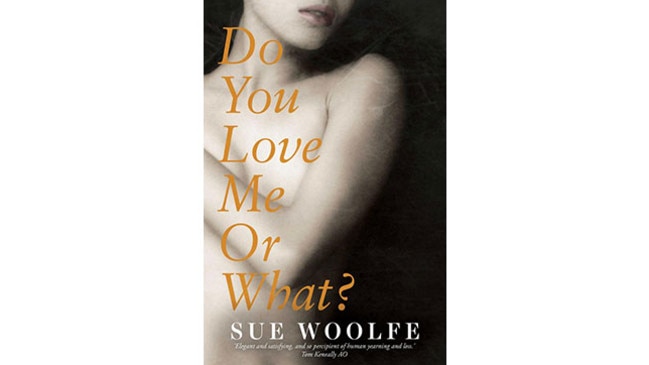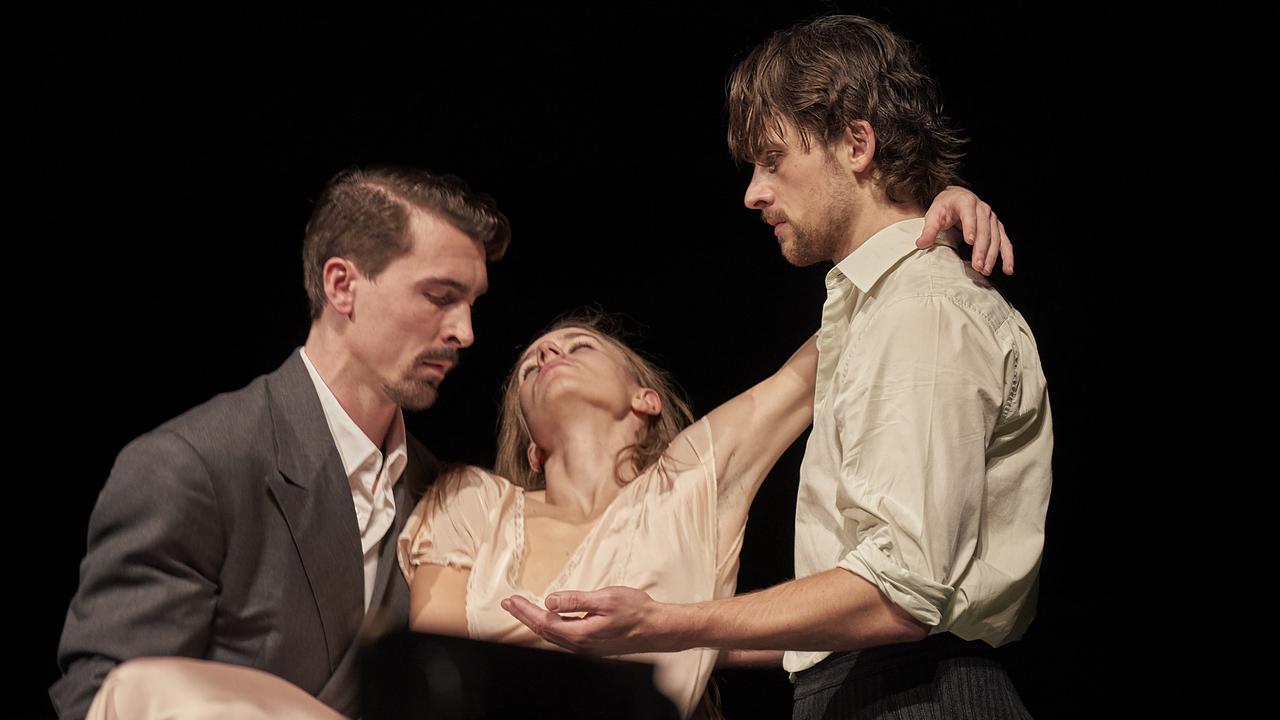Sue Woolfe’s short stories filled with yearning for love, connections
The title of Sue Woolfe’s new collection of stories sounds like a petulant query from a confused teenager.

The title of Sue Woolfe’s new collection of stories sounds like a petulant query from a confused teenager, uttered with a raised eyebrow. But in the book it remains a rhetorical question, mulled over but never asked.
“Do you love me or what?’’ is lifted from the opening story in which the unnamed narrator, anxious to “try different selves”, becomes besotted with an enigmatic woman and invites her home to an island off Brisbane.
The narrator’s husband is nonplussed but accommodating of this unexpected visitor. But she outstays her welcome in a cabin behind the main house and takes full advantage of their hospitality. The scale of reciprocality is out of kilter; she receives lots but little is returned.
It comes as little surprise to learn of the rupturing of domestic ties between the married couple. The guest rather unimaginatively fulfils the stereotype of feminine beauty, being “young, pale, pretty, blonde”. She isn’t allowed an interior life, created it seems simply to provoke waves where once there was calm.
Frisson between a same-sex couple is but a variation of the eternal love triangle trope explored here. It won’t be the only unstable triangular love combination in the book.
In Her Laughter Like a Song of Freedom there’s genuine surprise at the result of an accidental meeting between like-minded souls. Gerard is an eccentric neat freak and extreme recycler who lives alone. He’s delighted to discover a 39-year-old virgin who is as socially inept as himself. She’s the only one to stumble into his party after he fails to invite anyone else. The awkward tryst between these two introverts is written as a sort of rom-com (with requisite misunderstandings).
Small Talk is another story about trying to make connections. Long-time coastal dweller Diana is keen to visit her friend, a nurse working in the middle of the Australian desert. Well-meaning but judgmental and a little uptight, draped in the invisible cloak of white privilege, Diana seeks to develop a rapport with “people who deeply belonged to this country, who’d belonged here forever, so that something of what they were might help her belong more”.
She comes to a village where the earth is the colour of ripe tomatoes and struggles with the complexities of the local language. “I want deep meaningful conversations. Big talk,” she explains to her friend, only to be told that the indigenous folk don’t do small talk. It’s only when Diana is roped into an expedition to gather bush food that she learns sometimes it’s better to shut up and wait for others to take the lead, rather than expect and demand gracious overtures.
All the protagonists in this collection of stories are yearning: for love, for connection, for new places. For whatever reasons, they aren’t reconciled to their present lives and all possess what one character plaintively calls a “hole in your soul”.
But sometimes the grass is greener on the other side because it’s artificial. In The Last Taxi Away from Here, a disappointing Florentine fling sends the narrator home, chastened.
There are only eight stories in the collection, which means Woolfe can afford to be expansive in the miniature world-building of each tale, but at times this can lead to padding.
In The Dancer Talks, Magdalena is insecure about her abilities but the tango becomes her salvation, though she’s careful not to confuse the dance with the dancer. Woolfe at times shows rather than tells, lest the reader fail to pick up important information. With Magdalena, “dance had taken up all her time, her hope of a settled, domestic life, a family, a career”. Such a summation is unnecessary as the story has already established Magdalena’s prioritising of her creativity over everything.
Yet there are also times when Woolfe can take up the measure of life in a single line. Here is her description of the retinal surgeon, a bookish child who rarely played with other children. He recalled those times “not as events but as flashes of bright light with an explosion of joyous laughter, as if he were looking into a party through a keyhole from a dark outside”.
Thuy On is the books editor of The Big Issue.
Do You Love Me Or What?
By Sue Woolfe
Simon & Schuster, 240pp, $29.99 (HB)


